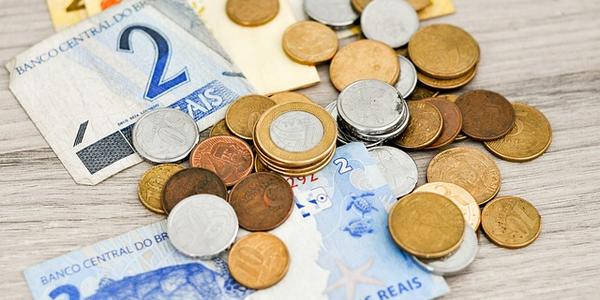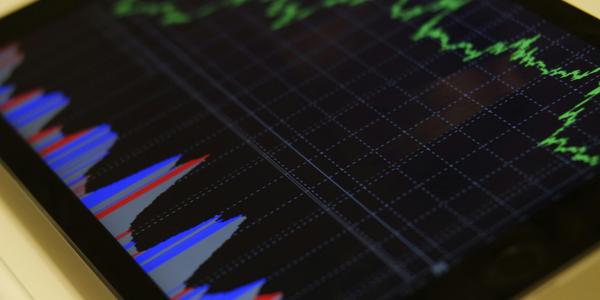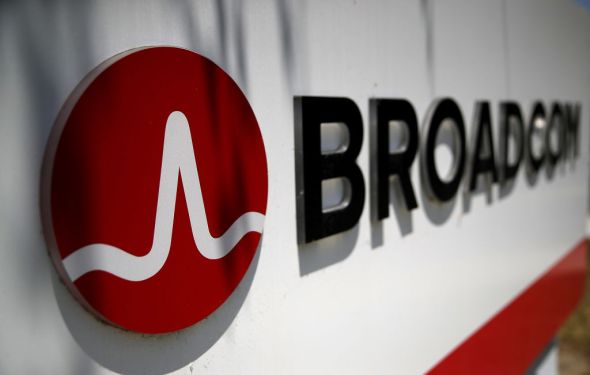
Sanctions Imposed by South Korea on 16 Individuals and One Group
North Korean hackers have been the focus of governments worldwide, which attribute over half of the value of cryptocurrency stolen in 2024 to these malicious actors. The notorious Lazarus Group is among those prime suspects involved in some of the most high-profile cyber thefts in Web3.
The most recent development comes from South Korea, where the government has imposed sanctions on 15 members of North Korean IT organizations and one related group. These individuals are alleged to have procured funds for North Korea’s nuclear missile development program and the DPRK’s Munitions Industry Department through "overseas foreign currency-earning activities," according to a December 26 news release by South Korea’s Ministry of Foreign Affairs.
The Targets: Kim Cheol-min, Kim Ryu Song, and Others
One of the sanctioned individuals is Kim Cheol-min from the 313th General Bureau. He allegedly earned a "large amount of foreign currency" while working undercover for United States and Canadian companies before delivering the funds to Pyongyang’s nuclear weapons program.
Another individual, Kim Ryu Song, was indicted by US lawmakers on December 11 for violating sanctions, money laundering, and identity theft in generating more than $88 million of revenue over six years. According to South Korean media reports, these individuals are among those who have been sanctioned due to their alleged involvement in the nuclear missile development program.
Total Annual Funds Loss
The total value stolen by North Korean hackers in 2024 was $2.3 billion, a significant increase from the $1.65 billion lost in 2023 (40% more). This highlights the growing concern for the security of cryptocurrencies and the need for governments to take decisive action against these malicious actors.
North Korea Hackers: A Growing Threat to Crypto Security
The increasing success of North Korean hackers has been documented by Chainalysis, a leading provider of blockchain analytics. According to their data, North Korea-affiliated hackers have stolen over $1.34 billion worth of digital assets across 47 incidents in 2024.
This represents more than 61% of the total crypto value stolen during 2024 and nearly one-fifth (20%) of all hacking incidents. The significance of these numbers is underscored by the observation that the DPRK’s involvement in cryptocurrency theft has increased dramatically, marking a 102% increase from the $660 million lost in 2023.
The Numbers Behind North Korea’s Crypto Hacking Activities
- Total value stolen: $1.34 billion
- Number of incidents: 47
- Percentage of total crypto value stolen in 2024: Over 61%
- Percentage of all hacking incidents: Nearly one-fifth (20%)
An Improvement in DPRK’s Hacking Methods
A worrying sign for the future is that despite a decrease in the overall number of attacks, sophisticated attacks by North Korean agents have increased. According to Chainalysis, "notably, attacks between $50 and $100 million, and those above $100 million occurred far more frequently in 2024 than they did in 2023."
This suggests that the DPRK has improved its hacking methods, allowing it to conduct more lucrative exploits. In contrast, DPRK’s exploits in 2022 often resulted in profits of less than $50 million.
Timeline: The Time Between Successful DPRK Attacks
| Year | Average Time Between Successful DPRK Attacks |
| — | — |
| 2024 | <1 year |
| 2023 | Approximately 6 months |
| 2022 | More than a year |
The data from Chainalysis highlights the increasing sophistication and efficiency of North Korean hackers, who are now capable of conducting more lucrative attacks. This trend is concerning for the future of cryptocurrency security and underscores the need for continued vigilance and cooperation among governments worldwide to combat these threats.
Magazine: 13 Christmas Gifts that Bitcoin and Crypto Degens Will Love
Despite the challenges posed by North Korean hackers, there are many in the crypto community who continue to innovate and adapt. The magazine provides a glimpse into the world of cryptocurrency enthusiasts, featuring gifts that cater to their interests.
In conclusion, the pursuit of North Korean hackers continues as governments worldwide work together to combat these threats. With sanctions imposed on key individuals and groups, the pressure is mounting for those involved in nuclear missile development programs to cease their illicit activities.
However, the data from Chainalysis highlights a worrying trend: despite efforts to curb DPRK hacking activity, sophisticated attacks are increasing, suggesting that the North Korean government continues to invest in improving its cyber capabilities.
The future of cryptocurrency security will depend on the cooperation and determination of governments, law enforcement agencies, and the crypto community as a whole.
















